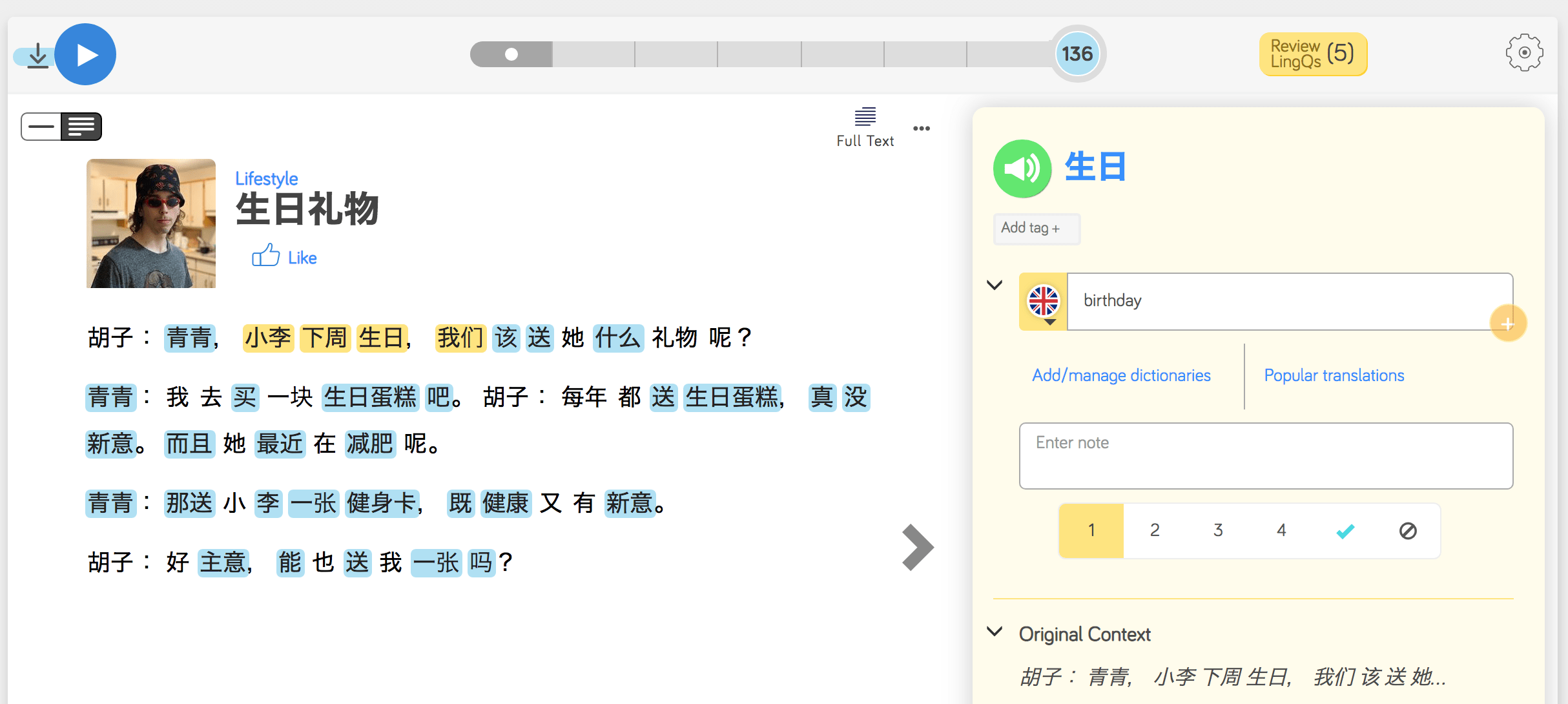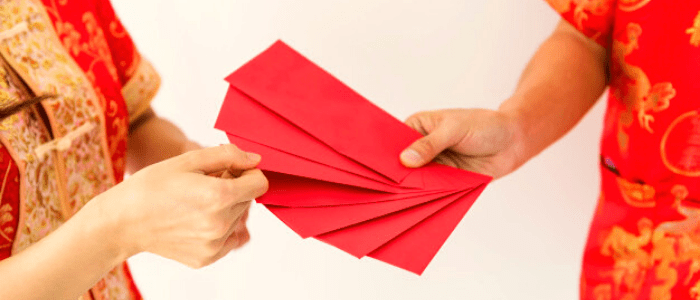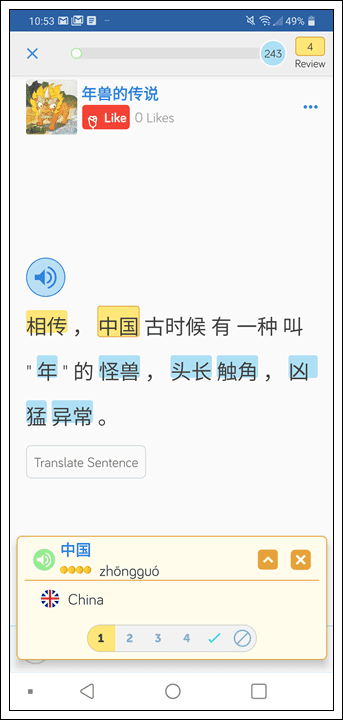Saying Happy Birthday in Chinese
Birthdays are a time of celebration and tradition, and probably one of the most commonly celebrated days around the world. Learning how different cultures celebrate different holidays is a great way to take a deeper dive into the culture, as well as learn the language. While the Chinese have adopted universal traditions like the birthday song, they also have their own unique traditions full of symbolism and superstitions.
How to Say Happy Birthday in Chinese
When you’re wishing someone a “happy birthday” in Chinese, you say to them 生日快樂 (Shēngrì kuàilè). 生日(Shēngrì) translates to birthday, and 快樂 (kuàilè) means happy. So it is a near exact translation from English, only flipped to say “birthday happy.”
Singing Happy Birthday in Chinese

The “Happy Birthday” song is the most recognized song in the world and Chinese is one of the many languages it has been translated into. It is sung just like it is in English, and the lyrics are as follows:
Traditional Chinese:
祝你生日快樂
祝你生日快樂
祝你生日快樂
祝你永遠快樂
Pinyin:
zhù nǐ shēng rì kuài lè
zhù nǐ shēng rì kuài lè
zhù nǐ shēng rì kuài lè
zhù nǐ yǒngyuǎn kuài lè
Direct Translation:
Wish to you happy birthday
Wish to you happy birthday
Wish to you happy birthday
Wish to you forever happiness
If you want to learn more birthday vocabulary check out LingQ. There are lots of birthday-related lessons in the Chinese library. Work your way through the lessons, clicking on and translating words and phrases as you go. These words and phrases will be highlighted in future lessons. When you’re confident that you know them, the highlight disappears. Work your way from bright blue and yellow highlighted lessons to clear and become fluent in Chinese!

One Year Older in Chinese
Did you know that in Chinese culture you’re considered a year old once you are born? They believe that you have been cooking for nine months already, which is nearly a year, so when you enter the world you are considered one year old already.
Unique Chinese Birthday Traditions
There is no Chinese celebration without unique traditions full of symbolism. For example, many families will eat “Long Life Noodles” to celebrate a birthday and wish the person celebrating the birthday a long life. Even family members and friends who are not in attendance of a birthday celebration will often eat “Long Life Noodles,” also known as 寿面 (shòumiàn), in honor of the person whose birthday it is. 寿 (shòu) means longevity or long life, and 面 (miàn) is the word for noodles.
Depending on the family there may be variances to specificities around eating these noodles on birthdays–some may have noodle soups, others may enjoy dry noodles. However, the key thing about the noodles is that they must be long noodles that don’t break too easily. The longer the noodle, the longer the life. So, you’re probably not going to find any rice noodle dishes, because those break easily.
On birthdays you may also see family members and friends give red envelopes 紅包 (hóng bāo) filled with money as a gift. The amount typically derives from a lucky number. For example, the number six is a lucky number in Chinese culture, so someone may give $60, $66, or $360. If the number contains six or is divisible by six, it’s a sign of good luck, because it means smooth or well-off in Chinese. So it’s like wishing the birthday person a smooth year or life.

The Chinese also have many superstitions, so be careful not to give a clock or watch as a gift, as that is considered bad luck and a reminder of mortality. Also, the phrase for “to give a clock” 送鐘 (sòng zhōng) sounds like the phrase for paying one’s last respects 送終 (sòng zhōng). Another superstition you’ll want to avoid includes giving a green hat as a gift. Sounds strange, but the phrase 戴绿帽子 (dài lǜ mào zi) which directly translates to “wear a green hat,” also means your wife is cheating on you.
Interestingly, not all birthdays are traditionally celebrated in Chinese culture. For example, thirty is considered an unlucky number and many choose to skip celebrating it and stay twenty-nine an extra year before turning thirty-one. Between thirty and sixty, birthdays are acknowledged but not widely celebrated; although, that is starting to change with more western cultural influences. Sixty, however, is a big birthday and considered a full life cycle so is well-celebrated.
Learn Chinese Faster Using LingQ
Immersing yourself in Chinese doesn’t require you to travel abroad or sign up for an expensive language program.
However, it can be a bit tiresome to find interesting content, go back and forth between sites, use different dictionaries to look up words, and so on.
That’s why there’s LingQ. The best Chinese learning app that helps you discover and learn from content you love.

You can import videos, podcasts, and much more and turn them into interactive lessons.
Keep all your favourite Chinese content stored in one place, easily look up new words, save vocabulary, and review. Check out our guide to importing content into LingQ for more information.
LingQ is available for web, as well as Android and iOS. Gain access to thousands of hours of audio and transcripts and begin your journey to fluency today.
Enjoyed this post? Check out polyglot and LingQ cofounder Steve Kaufmann’s blog post for some tips on how to learn Chinese!
***
Justine Wentzell is a writer based in Los Angeles, with a love for learning languages. As a native Angeleno and daughter of immigrants, she grew up learning Mandarin and Spanish, and studied Russian at university.


